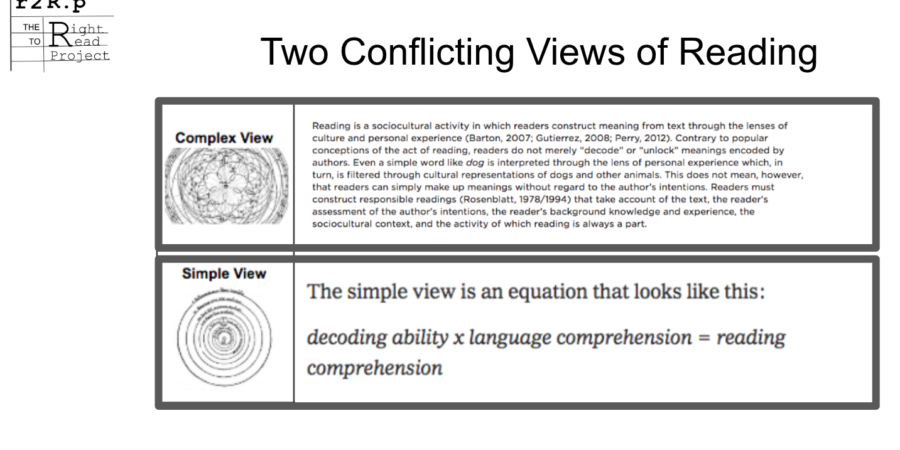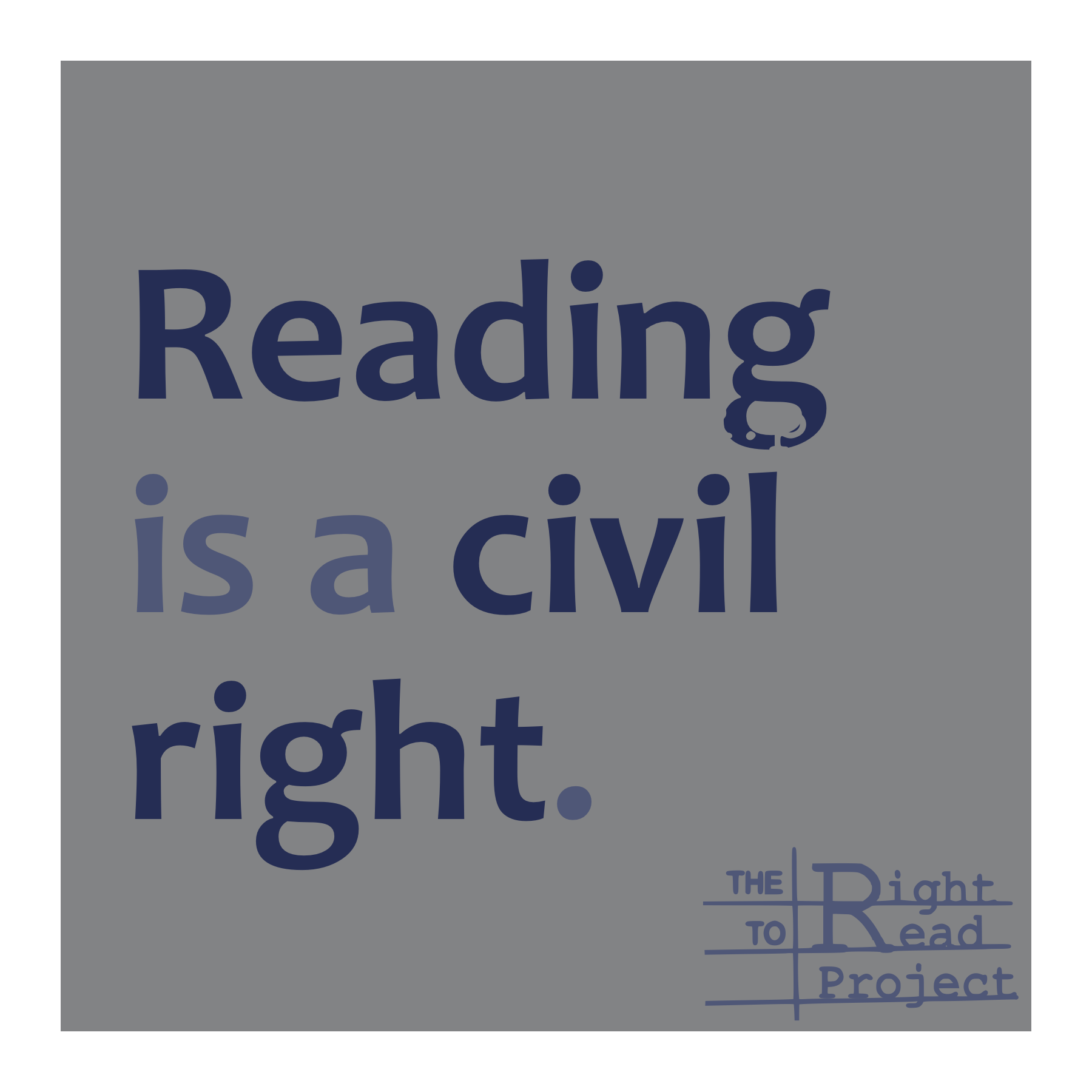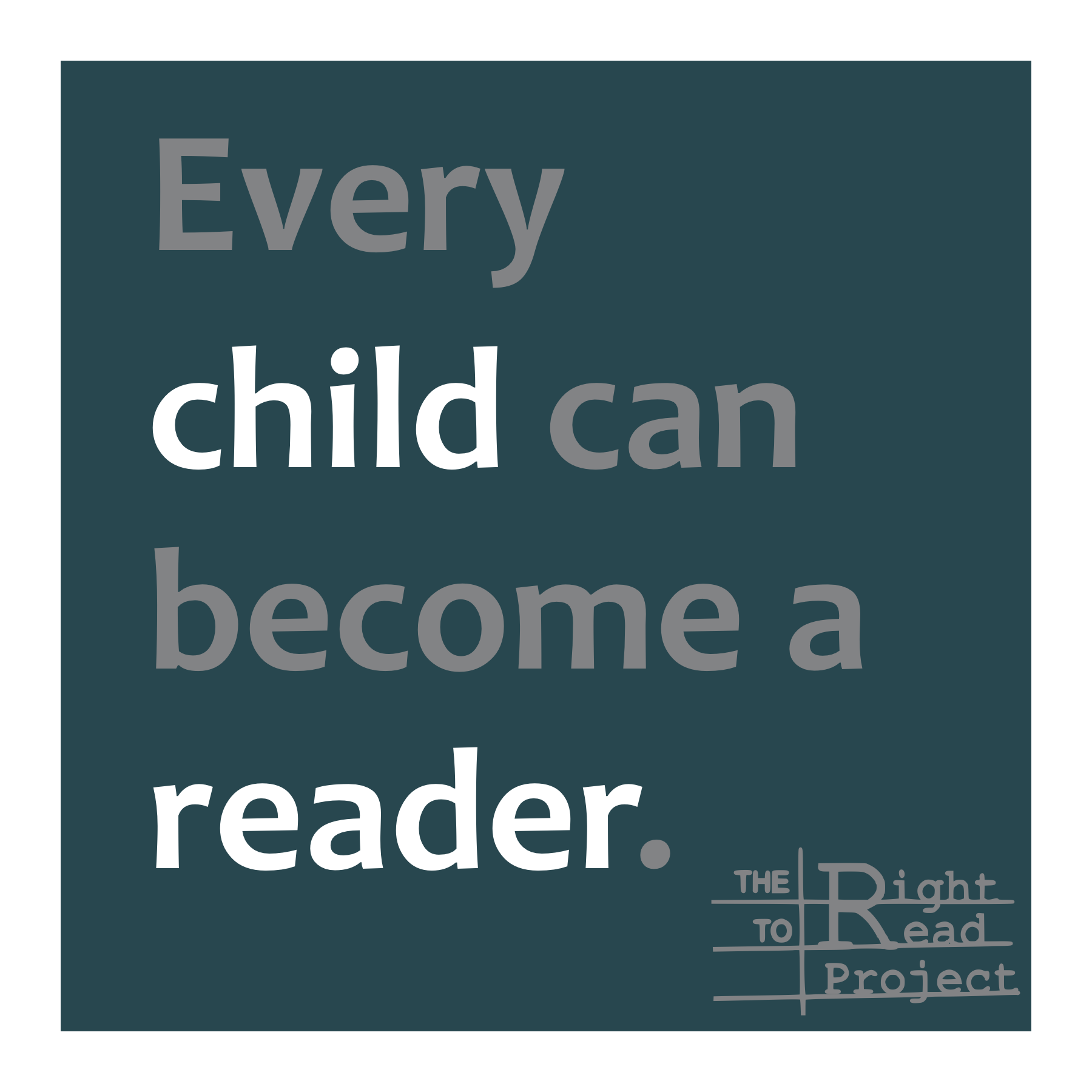This month’s school closures have forced families to become homeschool teachers overnight. Getting Started! What We Know about Beginning Readers Children progress as readers at different rates, but they pass through predictable stages of development. For typically-developing readers, the stages of reading can be mapped onto grade levels, but as a homeschool teacher you have the advantage of being able to provide the instruction your children need, regardless of their
We Can’t Teach Love But We Can Teach Reading
Teachers can speak a lot of things into existence (a quiet line in the hallway, students sitting “criss, cross, applesauce”) but a love of reading isn’t one of them. Enthusiasm is a part of good teaching, but communicating a love of books isn’t the same thing as teaching reading. I learned that the hard way. When Reading Comes Easily, It’s Easy to Love It Reading courses in my teacher preparation
For Our Struggling Readers
Confession I always had students who entered my fourth grade class reading significantly below grade level. And each year, when I passed them on to fifth grade, those students were still behind. I did everything I knew how to do- I taught Guided Reading lessons, provided independent reading time, found them books to love, replied to readers’ response journals- but no matter what I tried in my Balanced Literacy classroom,

Simple But Not Easy
As the foundations of Balanced Literacy begin to crumble, the proponents of Balanced Literacy are now presenting a new theory of reading, which they call the Complex View. In this reincarnation of the reading wars, the Complex View seeks to counter a well-researched alternative, The Simple View. I was struck last month by the contrast between two articles that were published on the same day: Two Publications from December 5th
Balanced Literacy’s Crumbling Foundation– What We Can Do About It
Planning with the creative and hard-working teachers on my fourth-grade team was rewarding (and occasionally hilarious), but our enthusiasm sometimes produced overly-complicated plans. If a plan was becoming unwieldy, one of us would interrupt the process and say to the team: “If it’s this complicated, it’s probably not right.” We’d then pause, rearticulate our goals, and start over to create a more coherent instructional plan. Thought leaders in the Balanced

Dear Lucy,
Dear Lucy, Thank you for writing No One Gets to Own the Term “The Science of Reading.” I am so relieved that discussion of reading science has made its way into the balanced literacy community and that you’ve added your own voice to the conversation. You’re making it safe for experienced educators to refine our practice as a result of new learning. For many years, I was a devout reading
The Drudgery (and Beauty) of Decodable Texts
I was determined to undo the bad reading habits my students had developed during guided reading. So, I exchanged a leveled reading program for one with decodables and used a diagnostic phonics assessment to regroup my students. For some students, cracking the code was easy Students with strong phonemic awareness linked the sounds they heard in spoken words to the letter patterns I taught. When they came to an unfamiliar
Reading Behaviors ≠ Reading
When I became a reading interventionist, my first graders taught me that Guided Reading isn’t as effective as I had once believed. Initially, my attention was on my readers’ “strengths.” Mistakes in reading were not problems but rather “miscues,” windows into my students’ minds and reassurance that they needed me for guidance as they read. But as I observed my students, I noticed them develop misunderstandings about reading. Reading Is
Making Changes that Last: The End of the Pendulum?
There’s new momentum behind teaching reading more directly and explicitly, but many of us are wondering: is this just another swing of a pendulum? It’s hard to believe that investing in new reading practices is worthwhile if the new practices will fall out of favor in a few years. But for district leaders who want to make a lasting impact, there is no better focus than reading instruction– and, if
F&P Benchmark Assessment System: Doesn’t look right, sound right, or make sense
My district, like so many others, uses Fountas and Pinnell’s Benchmark Assessment System (BAS) as the primary measure of student reading progress. But if you’ve had doubts about the assessment and the ways BAS data is often used, you’re on to something… Limited Materials An F&P Benchmark Assessment System kit provides us with only two books (one fiction and one nonfiction) for each reading level, so we end up using








